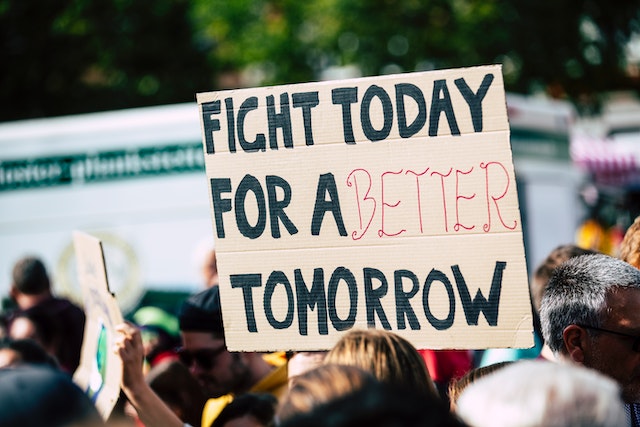Derek O’Brien from the TMC and Raghav Chadha from the Aam Aadmi Party are two notable opposition members who have recently come under fire from Rajya Sabha Chairman Jaydeep Dhankar.
The allegations, which deal with alleged violations of parliamentary privileges, have made the continuing political conflict throughout the sessions even more heated.
The notice against Derek O’Brien was submitted, according to the Rajya Sabha secretariat, even though the Chairman had ordered that the clips of his comments in the House be taken off the record.
In the accusation against Raghav Chadha, it is claimed that he intentionally and knowingly misled the media about the suspension of Sanjay Singh, an Aam Aadmi Party lawmaker, from the remainder of the Rajya Sabha’s Monsoon session.

To effectively carry out their tasks and perform their obligations, all members of parliament are granted rights and privileges, both individually and collectively. Any case in which these privileges and rights are violated by a Lok Sabha or Rajya Sabha member constitutes a “breach of privilege” infraction that is sanctioned by law.
Any member of either house may move a motion to move a notice of motion against the person they believe to be in violation of the privilege. In Chapter 20 of the Lok Sabha Rule Book and Chapter 16 of the Rajya Sabha Rule Book, respectively, are references to the rules governing the privilege.
The Speaker or the Chairperson must provide their permission before any member of the House can ask a question about an incident that they believe to be a violation of a member’s, the House’s, or a committee’s privilege.
This committee is made up of 15 Lok Sabha members (10 in the Rajya Sbha) who are occasionally nominated by the speaker (Chairperson in the Rajya Sbha).
The vice chairperson of the committee was chosen by the Rajya Sabha.
The committee investigates each inquiry involving a violation of the House’s, a member’s, or a committee’s privilege and makes appropriate recommendations in its report.
